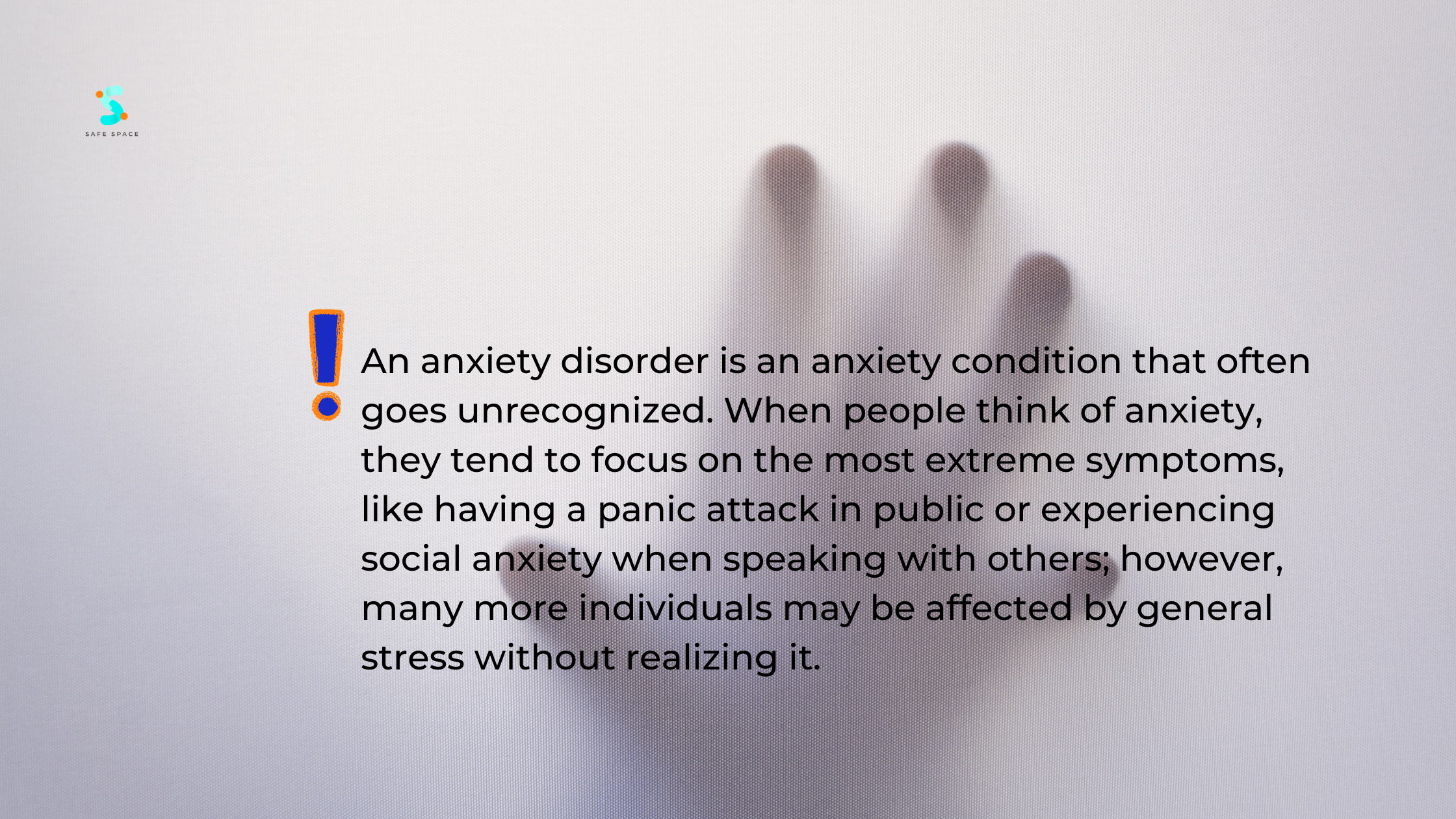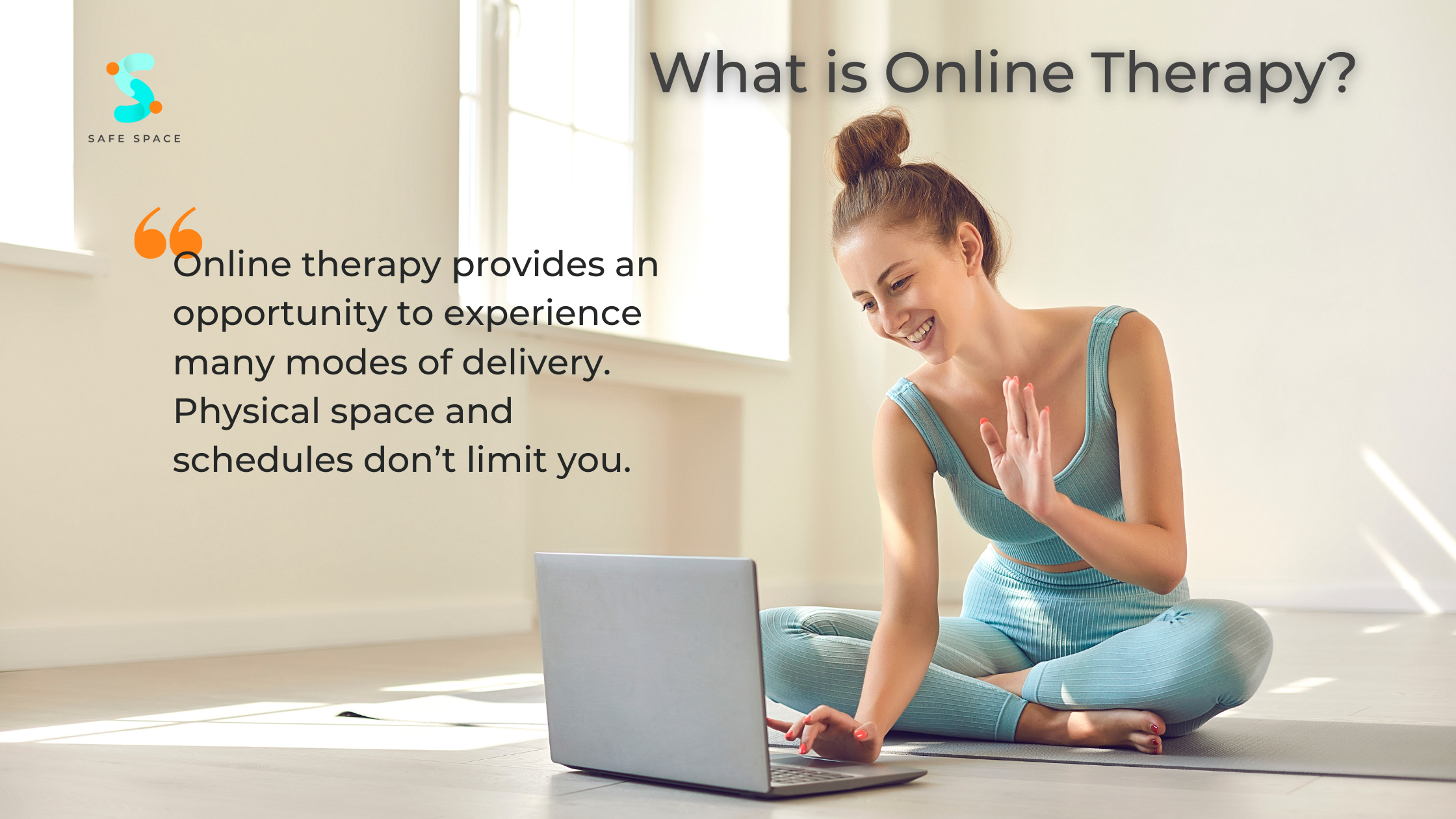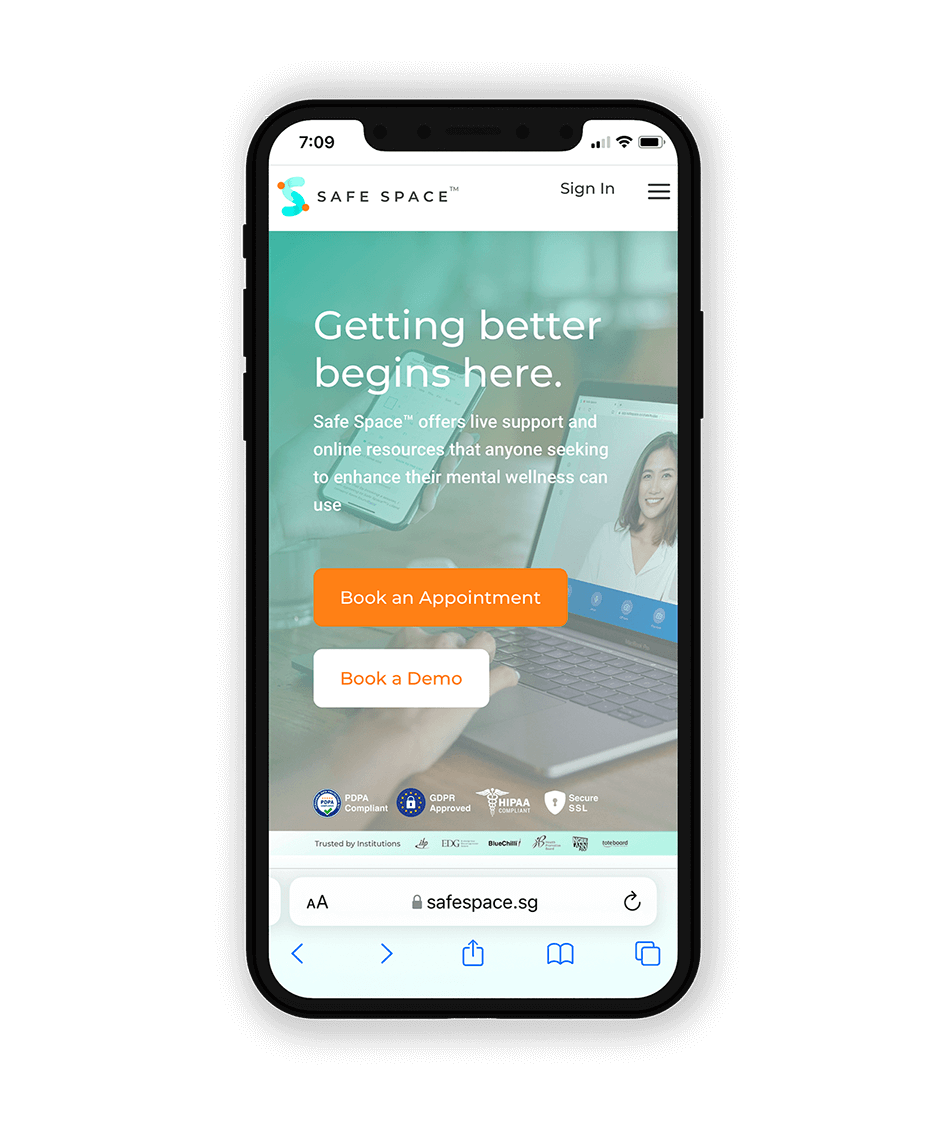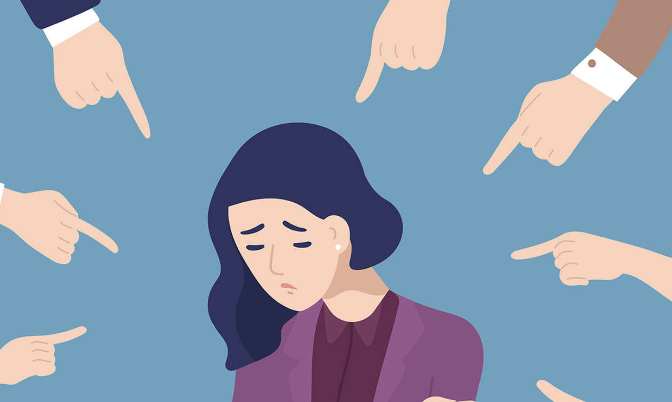Online therapy happens when therapists provide their services over the Internet. We sometimes know it as teletherapy, telehealth or cyber-counselling. Online treatment can occur through email, video conferencing, SMS, online chat or VOIP.
The variety of options means that online therapy can occur in real-time (video calls, phone) or in a time-delayed format, such as when an email is used. It is versatile and accessible anywhere in the world. It has proven to be a real benefit to patients during the pandemic.
Is online therapy effective?
Research has consistently shown that online therapy is effective for patients. For example, a 2014 study published in the Journal of Affective Disorders showed that online treatment was as effective as in-person and even had a better long-term impact:
“This study shows that an internet-based intervention for depression is equally beneficial to regular face-to-face therapy. However, more long-term efficacy, indicated by continued symptom reduction three months after treatment, could only be found for the online group.”
In 2018, another study in the Journal of Psychological Disorders found that online CBT (Cognitive Behavioural Therapy) is ‘adequate, acceptable and practical health care.
With anxiety, online therapy was again an effective tool in a 2014 study in Behaviour, Research and Therapy. The study showed that online therapy for anxiety was both practical and cost-effective.
The benefits of online therapy
While such studies approve it is practical, online therapy also has plenty of benefits that increase its effectiveness compared to in-person therapy:
- It may be easier for people living in rural areas or who have difficulty getting around.
- Schedules are more convenient for many people.
- As the average time taken by an online therapist to conduct therapy is 7.8 times less than face-to-face therapy, online therapists can treat more patients than they can personally.
- People who suffer from anxiety, especially social anxiety, are more likely to contact an online therapist than those who do not.
Accessing online therapists while living abroad?
The Internet has made available the option for you to receive mental health treatment online. In addition, many online resources offer overseas treatment, which is often accessible 24/7.
The benefits of obtaining face-to-face treatment in this way can be just as great as meeting with a therapist in person.
Online counselling is beneficial when faced with a mental health issue for the first time while living abroad and do not yet have a regular therapist assigned to you.
A quick Google search will bring up several online platforms that offer telehealth solutions. Make sure that you find providers that have licensed therapists on their books. Spend some time looking at the provider websites and getting a feel for their approach to therapy too. It has to work for you.
How to find an online therapist for online counselling
Cast a wide net
To conduct any search effectively, one must cast a wide net and sift through the results for the most relevant ones.
- Online therapy networks with a matching agent or search engine can be instrumental.
- Consider contacting your insurance company if you intend to rely on it.
- If you attend a school, get to know their mental health resources.
- You can use simple Google searches as part of your process.
Then it’s all about filtering through the results you have to get the ‘best fit’. You will need to develop a trusting relationship with the therapist. So first, you should look through your list of therapists and see whether their credentials, personality and history are close to what you are looking for.
Read through their online profiles and look for reviews of the therapist. Then go through their details so that you know what they offer. You can also go to their website (most therapists have one) to get a natural feel for the person.
How are online therapists different from offline?
Communication
The communication process is unique when you compare the two methods of delivery. An in-person session usually takes place inside a therapist’s office, allowing them to pick up on visual cues and other physical aspects and signs in a conversation.
With telehealth, there is less of a feeling that you are ‘there’. The closest we have to in-person is via video, a widely used form of telehealth. Video calls allow you to see the person you are talking to and can help with visual cues and so on.
Convenience
Online is more convenient. You don’t have to travel to an office to have your session. The advantage of online therapy is that you can log online at home and access the treatment from there. Besides this, several online therapists have very flexible scheduling, which wouldn’t be possible with the limitations office hours bring.
People who have problems accessing in-person treatment can benefit from online therapy. This could be because they live too far away from the therapist’ office or have a disability. The online mental health provision means they can have easy access. So it is more convenient.
Cost
Many online therapy providers cost less than their offline counterparts. Unfortunately, this is not always the case, and every individual’s need for therapy is different. Still, it can be more cost effective to receive treatment online.
More feedback
Online therapy allows you to receive communications and feedback in multiple ways, from email to SMS. This can mean you heal quicker. Gain a stronger connection and feel more at ease with your therapist.
Privacy
Some people feel self-conscious or have anxiety around therapy, especially with other people knowing what they are doing. However, with online treatment, you can enjoy privacy, with some patients adopting nicknames and feeling they have some anonymity.
What is the experience of online therapy?
 Before you start
Before you start
In most countries, health insurance can help with some initial decisions around choosing an online therapy solution. You may need to look at your insurance plan and budget to know which provider is best for you or how the sessions will be paid for.
Matching
After organising your finances, you can contact the online provider (or sometimes your employer or medical doctor will have managed a provider for you) and then be matched with the therapist. This is one of the essential parts of online therapy.
As an industry, online therapy is very sophisticated and complex. As a result, there are many therapists to choose from. A good telehealth platform will use an algorithm and the information you provide to perfectly match you with a therapist that is well-suited to help you.
The good news is that a large pool of highly qualified therapists is shifting their practice online. So you are sure to find someone who matches your unique circumstances quickly.
Often the first person you engage with is a consultation therapist. This therapist will assess you and your needs and then refer you to an ideally suited therapist. Therapist specialities include:
- PTSD (Post-traumatic stress disorder)
- Anxiety
- Depression
- Grief
- Addiction
You can discuss other preferences with your consultative therapist. For example, you may require a male therapist or someone with whom you share a cultural background.
The conversation

While this can be a little nerve-wracking at first, it is quite a smooth process. Some therapists have an introductory video that they use to tell you all about themselves. Then you will both agree on how the conversation moves forward. Video calling is common, but you can start the discussion in other ways, as mentioned earlier.
The therapist will want to set some therapy goals with you. So often, people see therapy as being about negative, ‘rock-bottom’ issues. Still, sometimes you need to talk about other aspects of your life that just need a little support.
The best way to look at it is to imagine the problems in your life as roadblocks.
The question “What do I talk about?” largely depends on what you’d like to get out of therapy. A common misconception is that therapy topics are always related to hitting rock-bottom or experiencing a crisis. While this can be the case, treatment is just about removing roadblocks in your life and being happier.
Roadblocks can be as simple as:
- “I’m having a hard time deciding what to do next in life.”
- “My partner and I aren’t talking, and when we do, we have arguments.”
- “I’ve lost my passion for my job, and it’s affecting my work.”
Creating a list of a few topics you’d like to discuss online therapy will help you — and your therapist — get a feel for where you’re at in your life and what’s most important to work on at the moment.
Many different options
Online therapy provides an opportunity to experience many modes of delivery. Physical space and schedules don’t limit you. However, before you make final decisions about the provider you are going to work with, it’s worth considering the following experience-related questions:
- Do you think you would benefit from a subscription service that offers unlimited messaging? Or would you rather have control over your schedule of sessions and pay for those sessions as you need them?
- Is the platform you are considering one that accepts your health insurance?
- Which method of communication will work for you, and does the provider use them? This includes video, SMS, email and phone.
What is the cost of online therapy?
Online therapy is affordable (with some providers charging as little as $32 a week). This is mainly because of the lack of overhead costs. An online therapist doesn’t have to rent or buy an office, for example.
With online therapy, you will have discussed a bespoke plan and how much it costs. This means you have complete control of your spending, and you can often adapt your therapy so that it makes more sense to you financially.
Generally, even the most expensive and most comprehensive online plans cost less than regular visits to an offline therapist.



